By combining two types of memory arrays, researchers can accelerate image recognition for more efficient machine learning.


By combining two types of memory arrays, researchers can accelerate image recognition for more efficient machine learning.
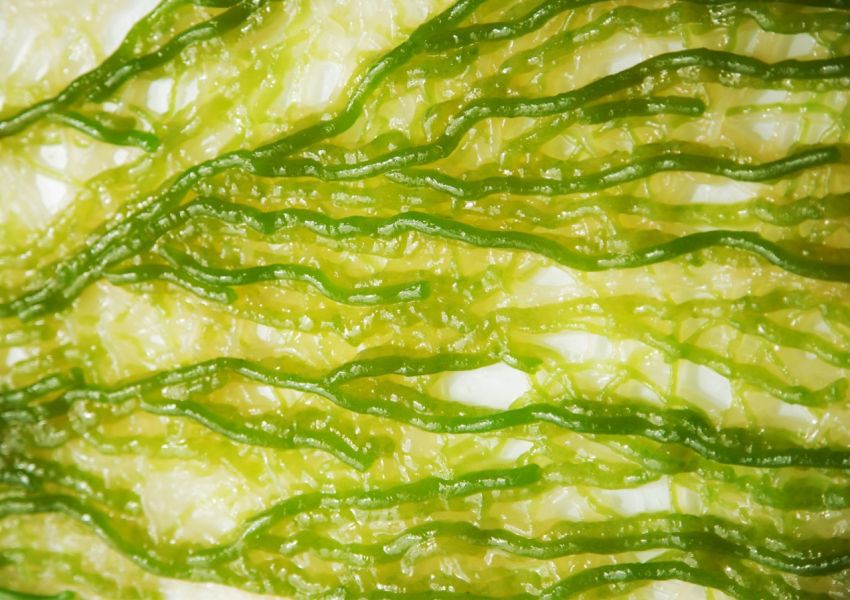
Hydrogels that incorporate whole algal cells offer new possibilities in building architecture and bioremediation.

In this essay, scientists from Spain and Denmark delve into the spectrum of possibilities offered by wearable and implantable healthcare devices and provide new insight into the cyborganic era.
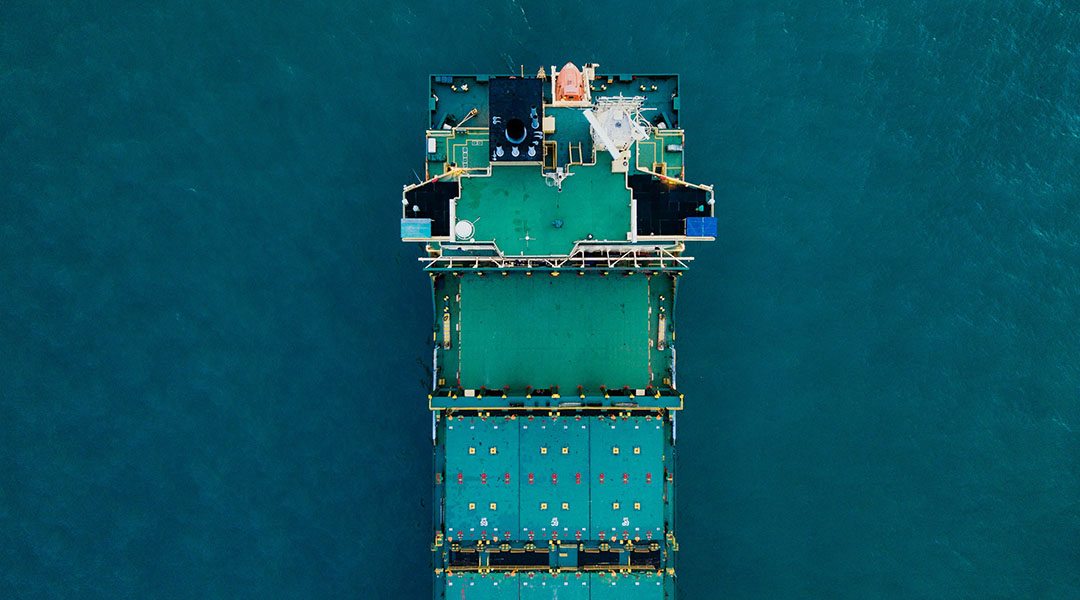
Scientists investigate shipping activities in the North and Baltic Seas to implement zero-emission solutions in the next decade.
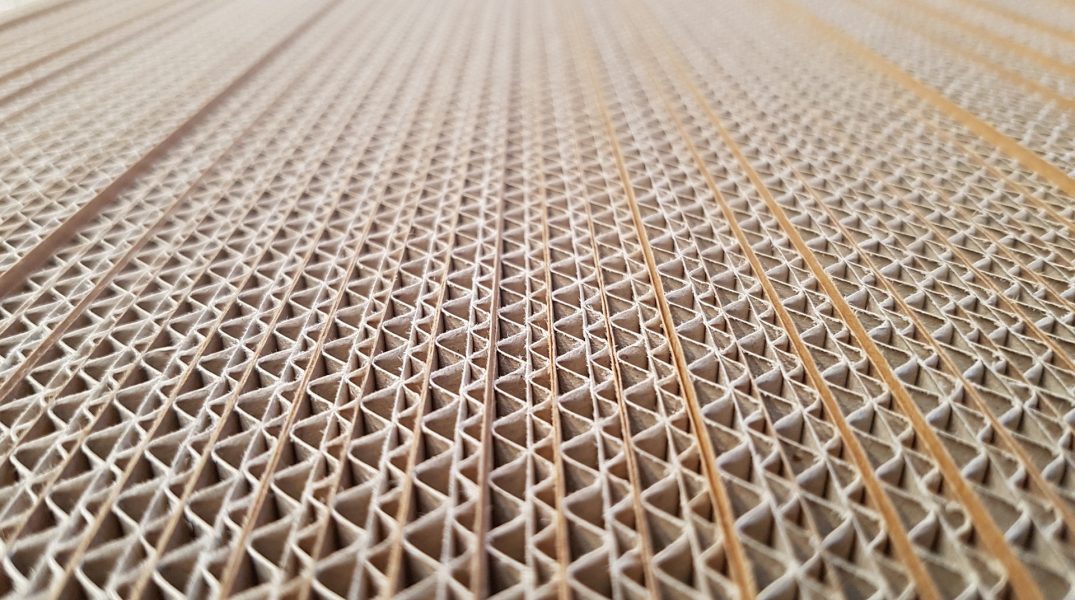
A team of researchers from the University of Washington have created programmable cellular structures.
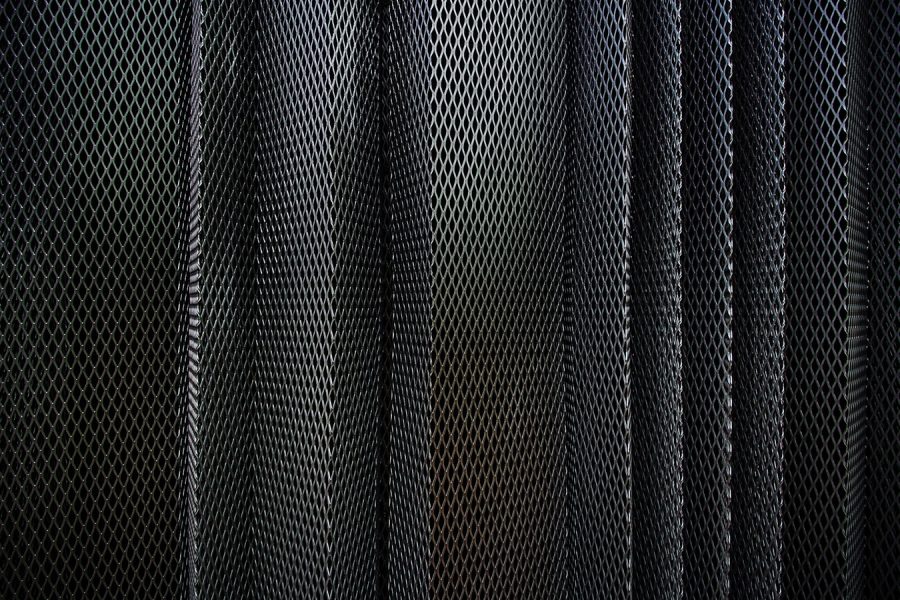
Hybrid systems of hydrogels and metals with tough bonding may find widespread application in smart materials and device interfaces.

Giving life to rechargeable Cu-Zn ion batteries after two centuries
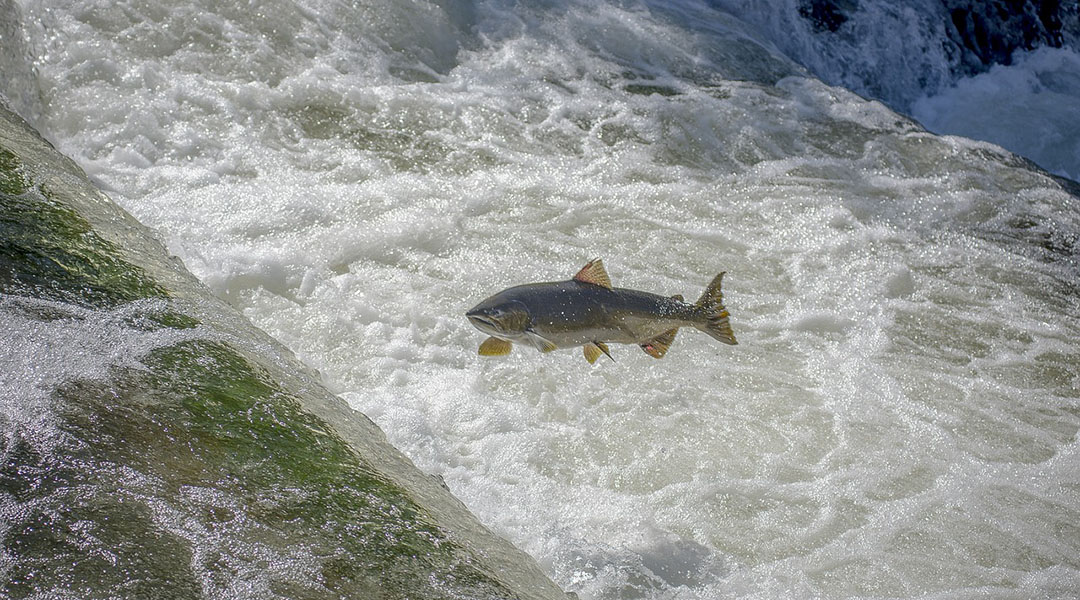
Researchers demonstrate the use of aerial drone photography, hydraulic modeling, and simulated rock blasting, to evaluate velocity barriers that prevent steelhead migrations.
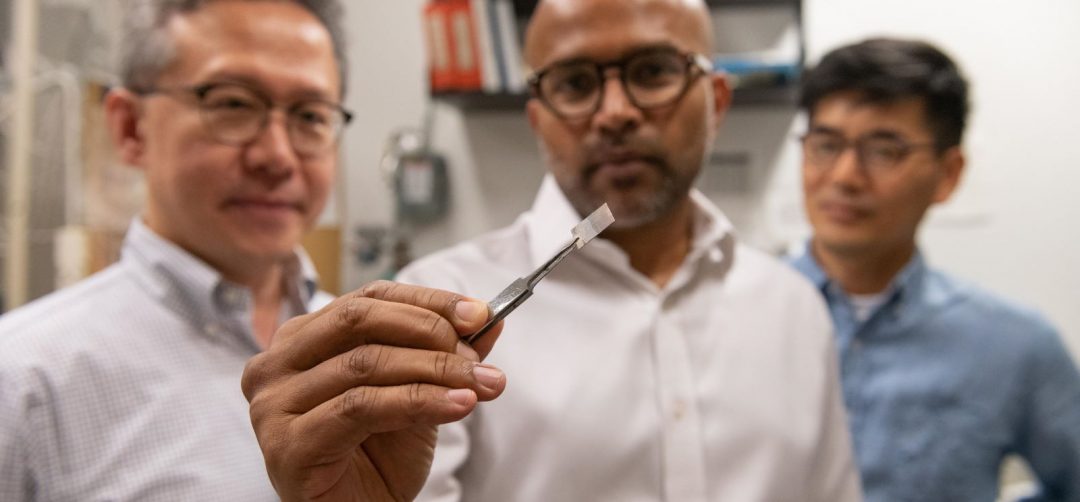
Atom-thick layers of platinum supported by graphene could provide cost-effective fuel cell catalysts with unprecedented catalytic activity and longevity.

The burden of caring for Planet Earth is upon our shoulders, and it will take some heavy lifting and concrete solutions to reverse the adverse, long-term effects of climate change.